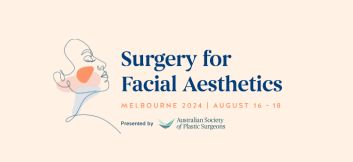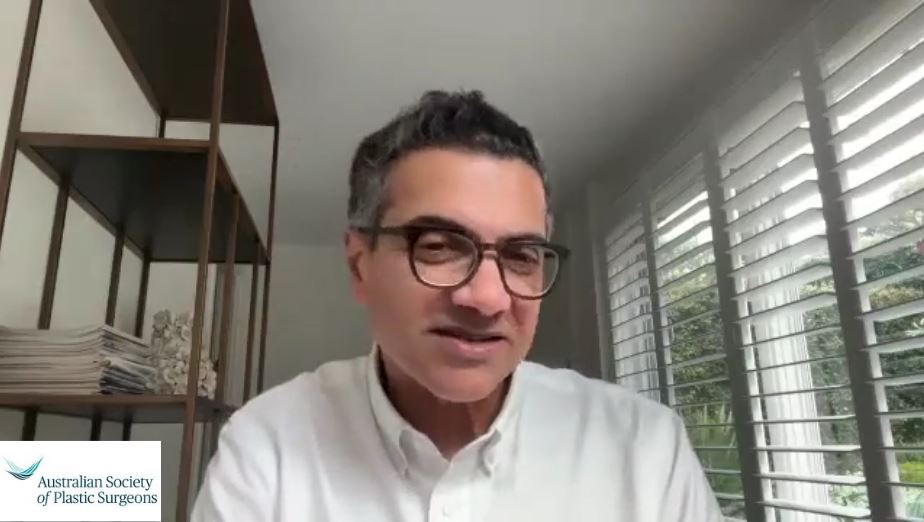Procedures
Dermabrasion
- About Your Specialist Plastic Surgeon
- Cosmetic
- Non-surgical Procedures
- Plastic Surgery Glossary
- Questions for Your Surgeon
- Reconstructive
- Surgical Procedures
- Abdominoplasty (Cosmetic)
- Abdominoplasty (muscle repair postpartum)
- Arm Lift
- Body Contouring
- Body Lift
- Breast Asymmetry Correction
- Breast Augmentation (Implants)
- Breast Implants with Lift
- Breast Lift
- Breast Reconstruction
- Breast Reduction
- Brow Lift
- Burns and Scarring
- Buttocks Lift
- Chin Surgery
- Cleft Lip & Palate
- Ear Surgery
- Eyelid Reduction Surgery
- Facelift Surgery
- Facial Implants
- Fat injection
- Gender Affirming Surgeries
- Gynaecomastia (Male Breast Reduction)
- Hair Replacement Surgery
- Hand Surgery
- Labiaplasty
- Liposuction
- Nipple Enhancement for Inverted Nipples
- Nose Surgery
- Scar Revision
- Skin Cancer
- Thigh Lift
- Tissue Expansion
Dermabrasion
Any surgical or invasive procedure carries risks. Before proceeding, you should seek a second opinion from an appropriately qualified health practitioner.
Dermabrasion and dermaplaning are procedures that give the skin a smoother appearance by treating the sharp edges of surface irregularities. Through a method of controlled surgical scraping, the skin’s top layers are “refinished”.
Dermabrasion is most often used to improve the look of facial skin left scarred by accidents or previous surgery, or to smooth out fine facial wrinkles, such as those around the mouth. It’s also sometimes used to remove the pre-cancerous growths called keratoses. Dermaplaning is commonly used to treat deep acne scars.
Both dermabrasion and dermaplaning can be performed on small areas of skin or on the entire face. They can be used alone, or in conjunction with other procedures such as facelift, scar removal or revision, or chemical peel.
Dermabrasion and dermaplaning is a highly individualised procedure and may not be suitable for everyone. Always talk to your Specialist Plastic Surgeon before making a decision. Your surgeon will assess your condition and general health, and plan the treatment that is best suited to you.
Before you decide on undergoing chemical peel, there are some important issues to keep in mind:
- Neither dermabrasion nor dermaplaning will be able to remove all scars and flaws
- Dermabrasion nor dermaplaning will not “stop the clock” and prevent the ageing process
- Older people may experience a slower healing process
- Your skin type, colouring and medical history may impact the outcome. For example, people with dark skin and complexions may become permanently discoloured or blotchy after a skin-refinishing treatment
- Patients who develop allergic rashes or other skin reactions, or who get frequent fever blisters or cold sores, may experience a flare-up
- Most surgeons will not perform treatment during the active stages of acne because of a greater risk of infection. The same may be true if you have had radiation treatments, a bad skin burn, or a previous chemical peel
Dermabrasion and dermaplaning may be a good option for you if:
- You are physically healthy
- You have realistic expectations
- You are a non-smoker or have stopped smoking
Dermabrasion and dermaplaning may be performed under local anaesthesia, which numbs the area, combined with a sedative to make you drowsy. Sometimes a numbing spray, such a freon, is used along with or instead of local anaesthesia. In more severe cases, your Specialist Plastic Surgeon may prefer to use general anaesthesia, in which case you will sleep through the procedure.
Dermabrasion and dermaplaning is generally safe but does have the potential for risks and complications to occur.
Some risks and complications associated with dermabrasion and dermaplaning may include but are not limited to:
- Change in skin pigmentation including permanent darkening of the skin, usually caused by exposure to the sun in the days or months following surgery
- Skin becomes lighter or blotchy in appearance
- Development of whiteheads after surgery
- Temporary enlargement of pores
- Rarely, infection and scarring
- Development of excessive scar tissue, including keloid or hypertrophic scars
- Further treatment may be necessary to correct complications
Before undergoing the procedure, it is important that you:
- Be as fit as possible to help the recovery process
- Stop smoking
- Do not wear makeup, mascara, contact lenses or hairspray on the day of treatment
Prepare a “recovery area” in your home. This may include pillows, ice packs, a thermometer and a telephone within easy reach. Make sure you arrange for a relative or friend to drive you to and from the hospital or clinic. Someone should also stay with you for at least 24 hours after you return home.
Your surgeon should give detailed instructions to prepare for the procedure. Follow them carefully.
Depending on the extent of your procedure, further treatment may be necessary to achieve the optimal result or to correct minor irregularities.
Cost is always a consideration in elective procedures. Prices for individual procedures can vary widely between Specialist Plastic Surgeons. Some factors that may influence the cost include the surgeon’s experience, the type of procedure used and the geographic location of the office.
Costs associated with the procedure may include:
- Surgeon’s fee
- Hospital or surgical facility costs
- Anaesthesia fees
- Prescriptions for medication
- Medical tests
Your surgeon should welcome any questions you may have regarding fees.
General anaesthesia:
Drugs and/or gases used during an operation to relieve pain and alter consciousness
Intravenous sedation:
Sedatives administered by injection into a vein to achieve relaxation
Local anaesthesia:
A drug injected directly to the site of an incision during an operation to relieve pain
Pigmentation:
Freckles, sun spots, melasma, or other darkened patches of skin result mainly from sun exposure
Scars:
As the result of acne or injury to the skin, scars may be rolling (a wavy appearance to the skin), pitted, discoloured, or have raised borders
Visit the Plastic Surgery Glossary for more medical terms.
This website is intended to provide you with general information only. This information is not a substitute for advice from your Specialist Plastic Surgeon and does not contain all the known facts about this procedure or every possible side effect of surgery. It is important that you speak to your surgeon before deciding to undergo surgery. If you are not sure about the benefits, risks and limitations of treatment, or anything else relating to your procedure, ask your surgeon to explain. Patient information provided as part of this website is evidence-based, and sourced from a range of reputable information providers including the American Society of Plastic Surgeons, Better Health Channel and Mi-tec medical publishing.
Featured Stories

Member Blog with Dr Ellis Choy: What is a Deep Plane Facelift?
Who is the ideal candidate for a deep plane facelift?…
Continue reading
